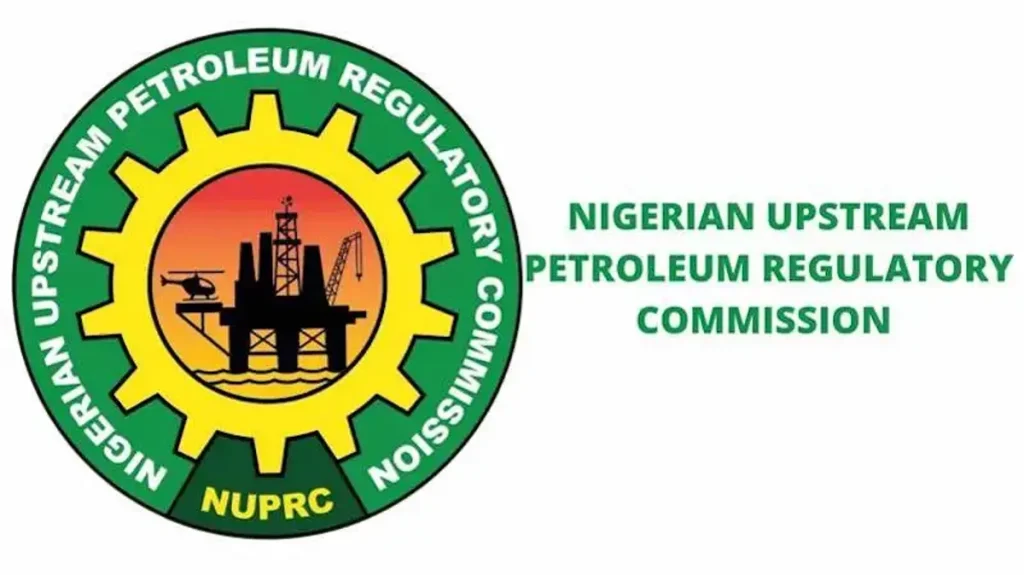The Nigerian Upstream Petroleum Regulatory Commission (NUPRC) said it will follow the provisions of the Petroleum Industry Act (2021) to ensure a sufficient and steady supply of crude oil to the emerging refineries in the country.
This is coming after NUPRC convened a meeting with 52 crude oil exploration and production companies, in its boost feedstock for new refineries in the country.
According to a statement signed by the commission’s Head of Public Affairs and Corporate Communications, Olaide Shonola, NUPRC warned that those who sabotage the process would be penalised.
The commission added that the international business community would get the wrong signals if operators of domestic refineries in one of the world’s largest crude oil-producing countries started importing feedstock for their production.

NUPRC said it would urge the Nigerian Midstream and Downstream Petroleum Regulatory Authority (NMDPRA) to supply it with the domestic crude oil requirement of the refineries in operation.
Section 109 of the Petroleum Industry Act (PIA) 2021 introduced the Domestic Crude Supply Obligation (DCSO) to Nigeria’s oil industry to guarantee that domestic refineries are not starved of crude oil supply for their operation.
Several modular refinery operators had recently raised concerns over the scarcity of feedstock for their facilities despite the country being Africa’s biggest crude producer.
The commission stated that the Production Curtailment and Domestic Crude Oil Supply Obligation (PC&DCSO) Regulation 2023 is in line with the provisions of Section 109(2) of the PIA 2021 to address such concerns.
The statement read in part:
“NUPRC is determined to take further necessary steps required to avoid inadequate supply of crude oil to domestic refineries and would not hesitate, where necessary, to enforce the stipulated penalties for violations and non-compliance to the provisions of the Act.
“In pursuance to Section 109(2) of the PIA, the Commission gazetted the PC&DCSO Regulations which provides clarity on the obligations of the stakeholders.
“The law stipulates that the supply of crude oil to the domestic market shall be on a ‘willing buyer and willing seller’ basis and the NMDPRA shall report to the commission where there is inadequate supply to the refineries.
“The commission has a responsibility to publish on a biannual basis, the domestic crude refining requirements of operating refineries in Nigeria as received from NMDPRA, in line with Section 109(3) of the PIA.
“Where there is a reported crude supply shortage from the Authority, the commission is under obligation to issue a Request for Quotation (RFQ) to producers asking for submission of quotation for bridging the shortfall, whereupon the commission will contact affected refineries to facilitate contract negotiations between the stakeholders.
“Failure to meet the terms will attract from the commission an obligation on the oil producers to supply the required volumes and notify the Authority accordingly,” the statement added.
The commission stated that 11 operators had responded, while the response from the remaining 42 operators was still being anticipated.
The responders so far include Enageed Resources Limited, Midwestern Oil & Gas Company Limited, Pillar Oil Limited, Waltersmith Petroman Oil Limited, Dubri Oil Limited, Heirs Energies Limited, Frontier Oil Limited, Mobil Producing Nigeria Limited, All Grace Energy Limited, and Green Energy International Limited.
“The commission reiterates its determination to apply all required penalties for default and has emphasised that a company that fails to respond to the Request for Quotation (RFQ) within the specified period is liable to pay an administrative fine of $10,000 while a company that has not complied with its DCSO, where the willing buyer(s) exist will not be granted an export permit.
“A company that fails to comply with the DCSO would be made to pay a penalty of 50 percent of the fiscal price per barrel not delivered,” it added.


